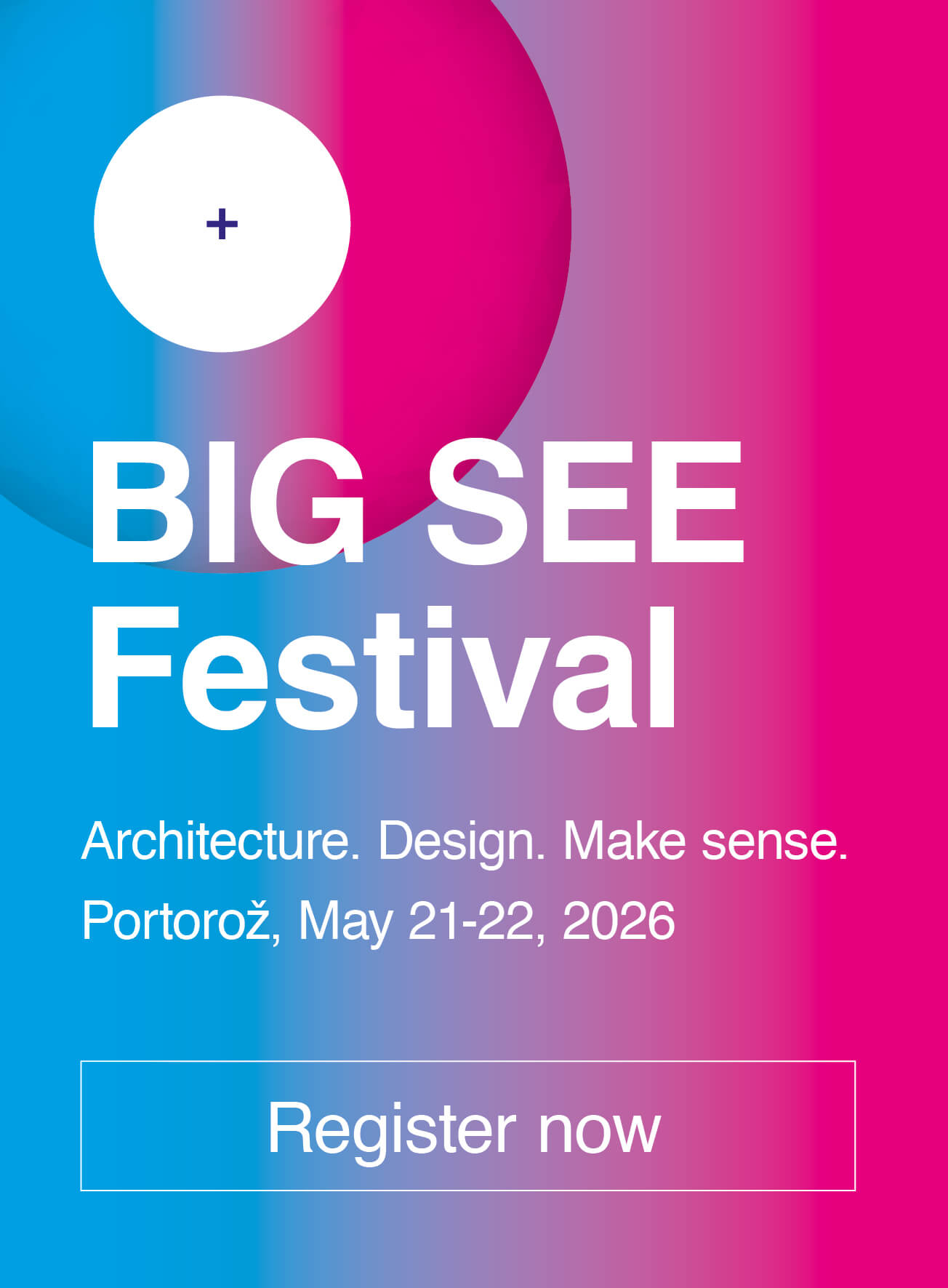
Anna Orbanic & Sara Orbanic, Croatia

Nominator: Antonija Plavotić & Siniša Zdjelar
Nominator's statement
Anna and Sara Orbanić, sisters and architects from Rijeka, Croatia, are emerging voices in the field of contemporary architecture. Both have developed strong individual practices while also collaborating on numerous projects. Anna holds a Master’s degree in Architecture from the Academy of Fine Arts in Vienna, where her thesis The Breathing Ground explores subterranean architecture as an environmental tool to address climate change and enhance sustainability. Sara, also a Master’s graduate, focuses on adaptive reuse and urban regeneration, particularly through her work on the reconstruction of the abandoned Rijeka Paper Factory, blending cultural heritage preservation with modern interventions.
Together, they won 1st Prize for their project Proximity Island at the UNI Competition (2020) and received an Honorable Mention at the Piranesi Prix de Rome for their project at Villa Adriana, Tivoli, Italy. Their work reflects a deep commitment to sustainable architecture, addressing both environmental and societal challenges. They actively engage in international workshops, competitions, and exhibitions, consistently promoting innovative design and sustainability in the face of climate change.
HARTERA
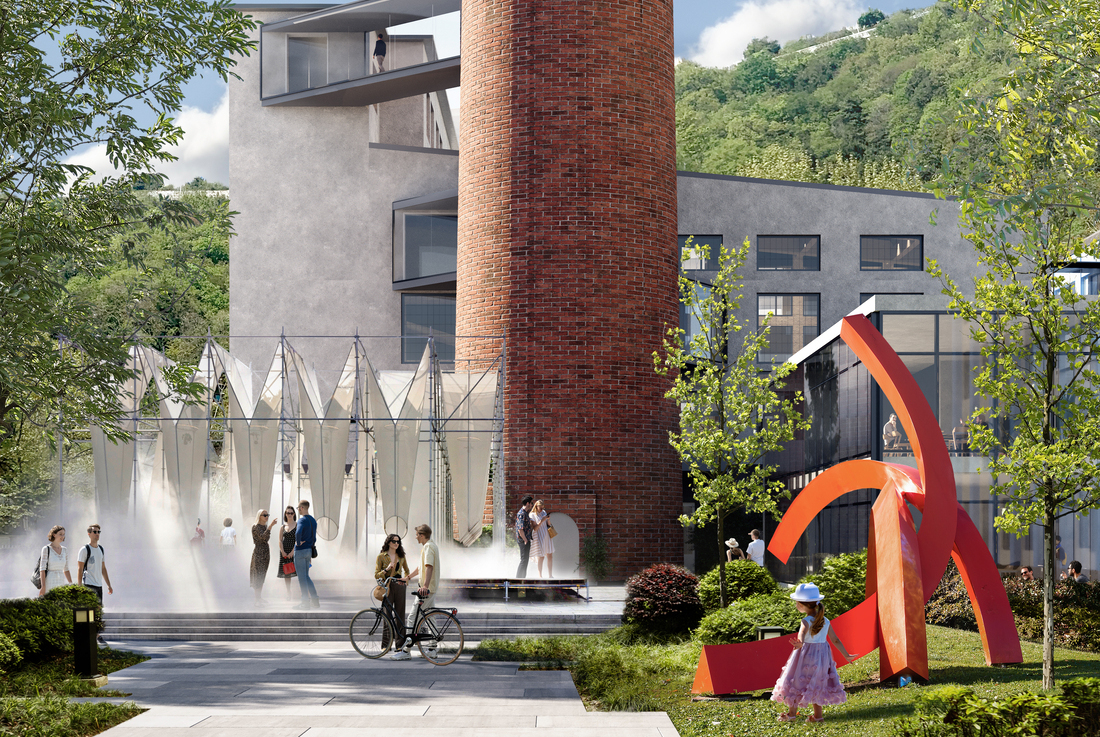
hartera is the master thesis project of Sara Orbanic. It explores the layered history and spatial character of the once-vibrant Rijeka Paper Factory, an industrial complex founded in 1821, now standing abandoned in the heart of the city. It focuses on the analysis, reinterpretation, and architectural transformation of the site through processes of renovation, conversion, and partial reconstruction. Once a bustling hub where over a thousand workers passed through daily, this factory was an integral part of Rijeka’s identity and economy. However, following the war in Croatia and the subsequent economic downturn, the factory closed its doors two decades ago—leaving behind a silent, decaying monument to the city’s industrial past. The aim of this project is to breathe new life into the site, reimagining it as a shared space for community, creativity, and collaboration—restoring to the city a place of purpose and vitality. Reviving a space originally built for machines demands a deep understanding of both its physical form and symbolic potential. Such an approach could represent opportunities for improving sustainability and promoting the sociocultural and economic status of the city’s many derelict sites; and the former paper factory is one of them.
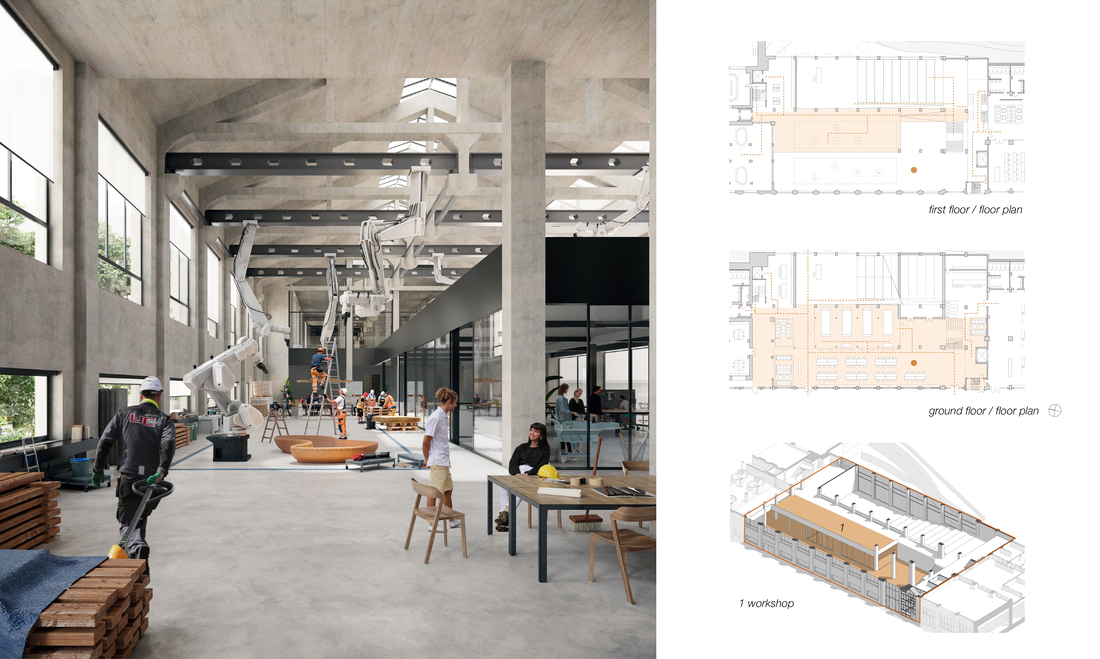
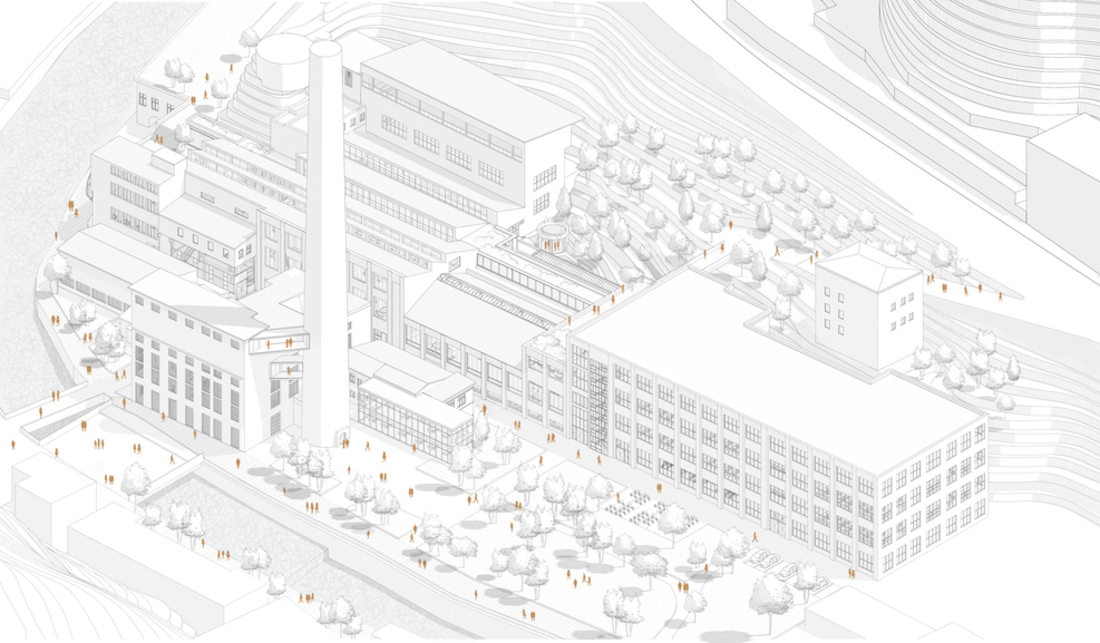
THE BREATHING GROUND
 the Breathing Ground is the master thesis project of Anna Orbanic. It is a research and design project that explores breathing systems and develops a ground-bound building for the time of extreme climate. The building - through its shape, physiology and vertical extensions - is seen as a climatic apparatus, providing a new public space underground, where temperatures remain stable throughout the year.
the Breathing Ground is the master thesis project of Anna Orbanic. It is a research and design project that explores breathing systems and develops a ground-bound building for the time of extreme climate. The building - through its shape, physiology and vertical extensions - is seen as a climatic apparatus, providing a new public space underground, where temperatures remain stable throughout the year.
Inspired by the mound-building termites and the National Theatre of Vienna, a design proposal is developed. Located in one of Vienna‘s Urban Heat Islands, a vacant lot is selected as the experimental site for this project. The construction of the building will excavate the underground spaces, allowing the ground above to expand and form wind-exposed towers. As the whole structure grows, it creates an underground network and provides a cooling effect for neighbouring buildings and the surrounding urban environment.

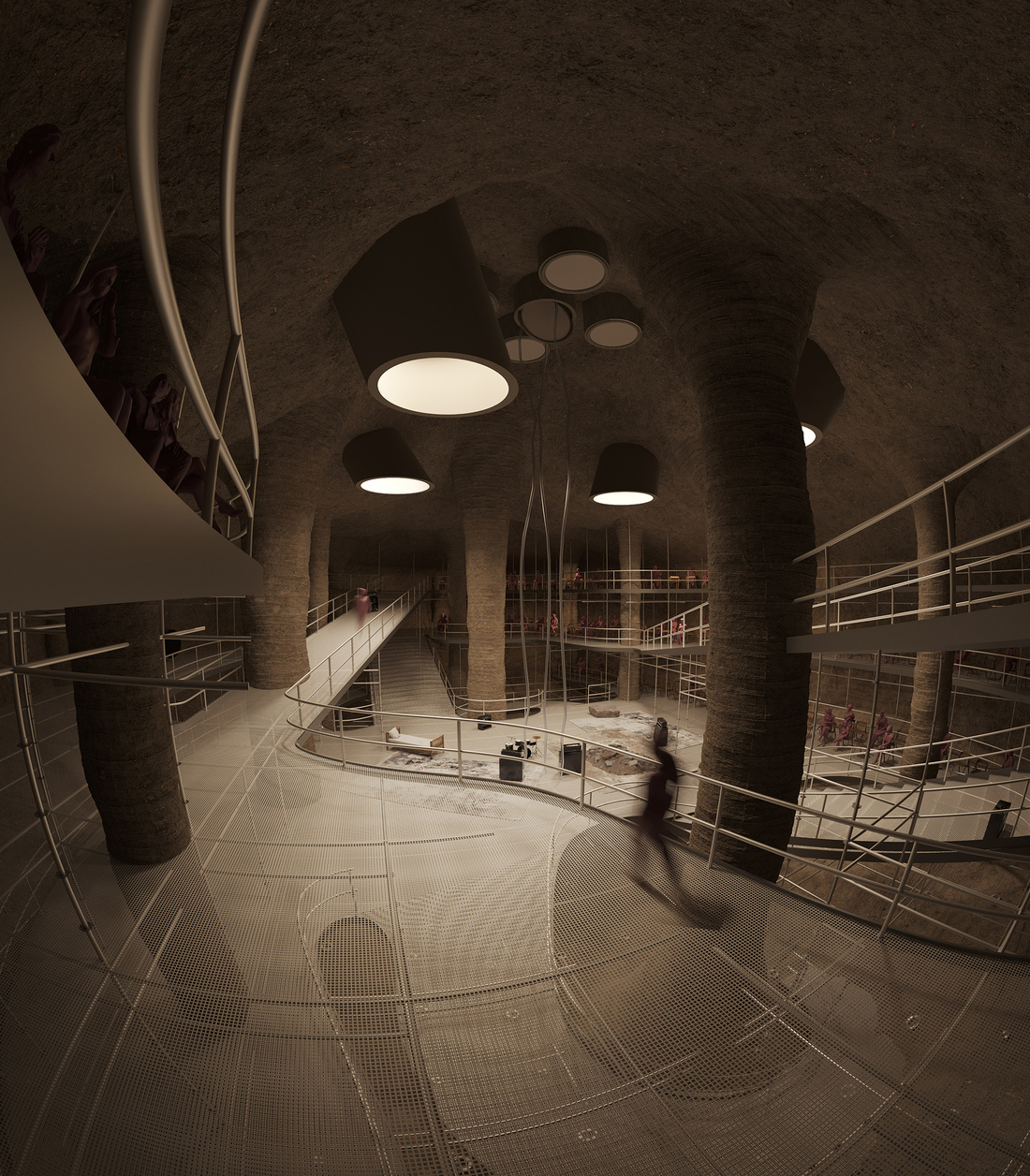
ARCHIPELAGO
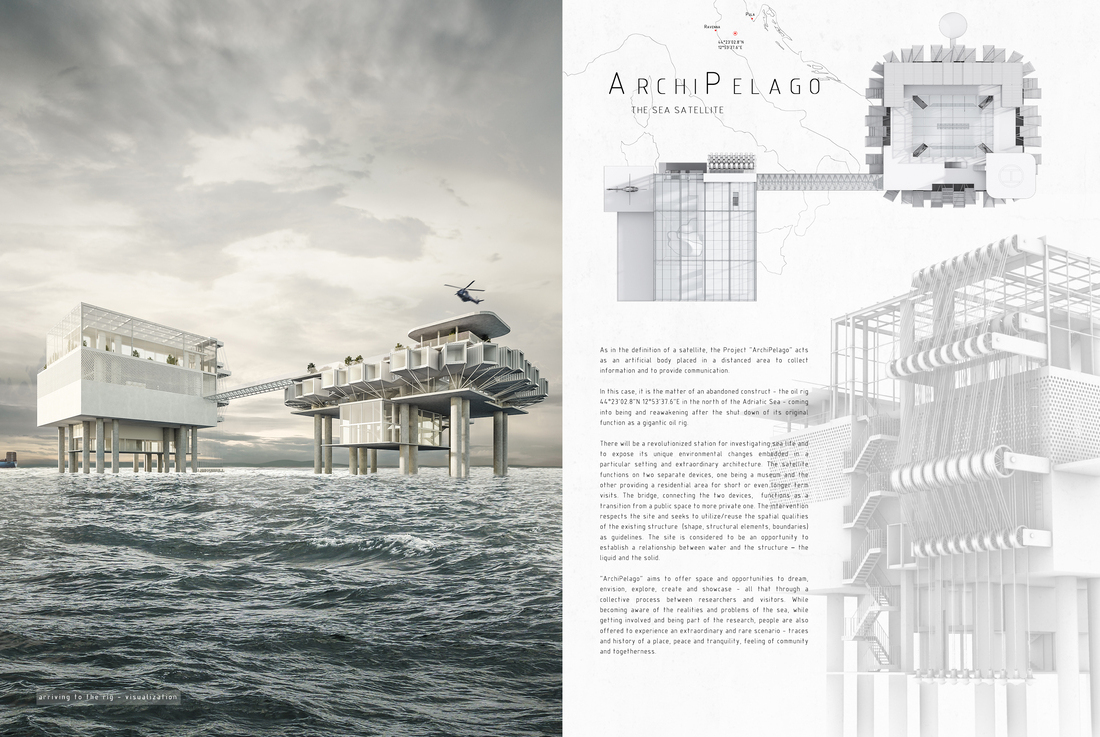
ArchiPelago is a common project of Anna and Sara Orbanic, in further collaboration with Jakob Czinger and Diana Konovalova. The project is developed for the Uni.xyz 2020 competition Proximity Island and was awarded first prize.
It is a speculative adaptive reuse project that reimagines a decommissioned oil rig in the northern Adriatic Sea (44°23'02.8"N 12°53'37.6"E) as a satellite for ecological research and cultural exchange. Like an artificial satellite in orbit, this sea-based station gathers, shares, and amplifies knowledge—serving both as a site of investigation and a platform for communication.
The intervention proposes a dual-function facility: a marine research center and a museum, complemented by a residential area for visiting researchers, artists, and guests. These two "devices"—public and private—are connected by a transitional bridge, symbolizing the shift from collective engagement to individual reflection. The project honors the original structure’s spatial and structural identity, allowing its industrial form to inform new uses while fostering a deeper dialogue between the liquid and the solid—between sea and structure.
"ArchiPelago" is not only an architectural reuse proposal; it is a vision for sustainable transformation. It offers a space to dream, to explore, to learn, and to reconnect—with nature, with knowledge, and with one another. By embedding scientific research within a poetic and immersive environment, the project invites both critical awareness and a renewed sense of wonder.
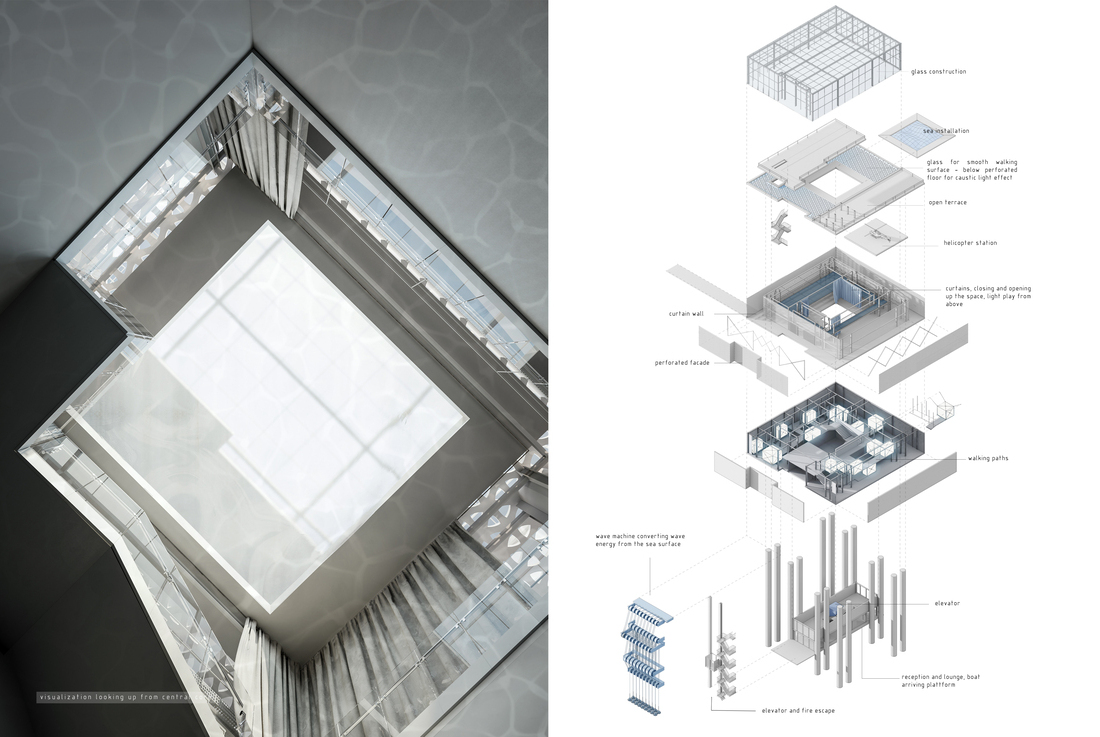
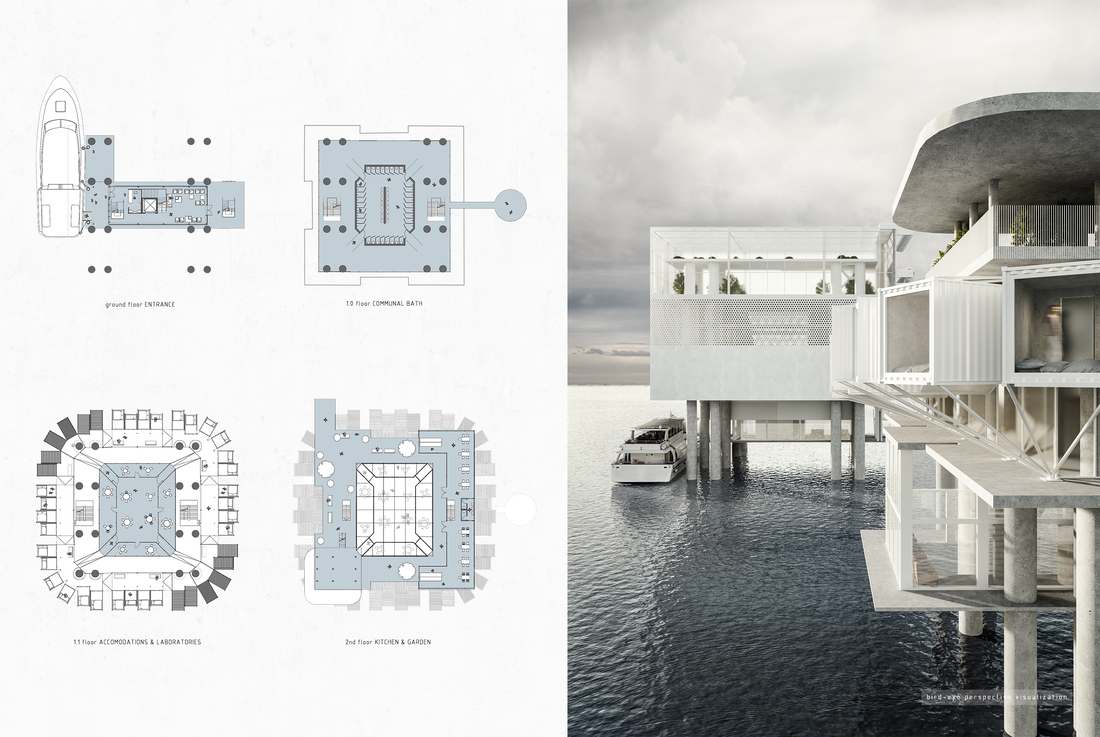
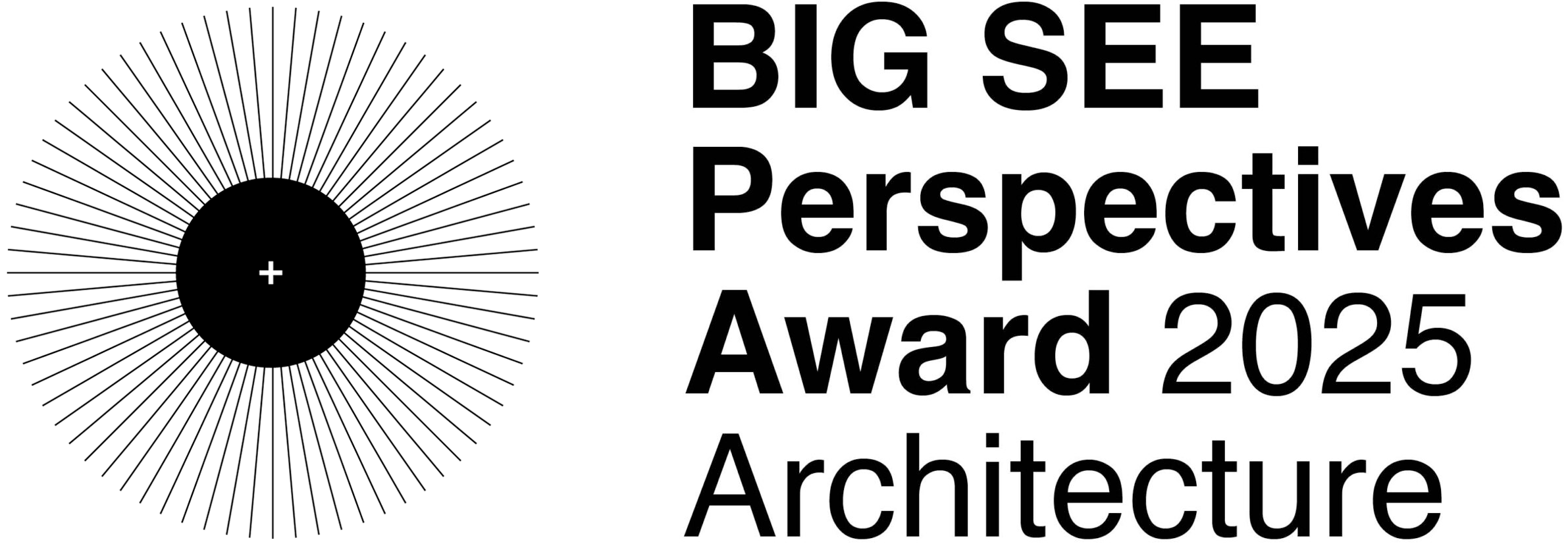
Anna Orbanic & Sara Orbanic
Anna and Sara Orbanic are sisters and architects from Croatia, each with a distinct voice yet a shared commitment to rethinking architecture in a contemporary and responsible way.
Both educated in Vienna—Anna at the Academy of Fine Arts and Sara at the Technical University—they bring together complementary approaches shaped by their academic paths and personal sensibilities. Additionally, they both completed a postmaster program at the Accademia Adrianea in Rome, deepening their shared interest in architectural history, adaptive reuse, and the transformation of existing urban environments.
Anna’s practice explores the intersection of architecture with natural systems, sustainability, and interdisciplinary creation. Sara’s work focuses on adaptive reuse and spatial narratives. Her practice is marked by attentiveness to existing context and memory, translating thoughtful research into built form.
Together, Anna and Sara have developed a strong architectural synergy. While Anna brings an experimental and environmentally conscious lens, Sara grounds their projects in cultural continuity and spatial storytelling. Their joint projects—recognized internationally—reflect a mature engagement with pressing topics such as climate change and the revitalization of existing architecture.
Their strength as a duo lies in the interplay between innovation and reflection, nature and culture, intuition and analysis. As collaborators, they merge independent expertise into a shared vision, continuously expanding the role of architecture today.
Contact
sara.orbanic@gmail.com



